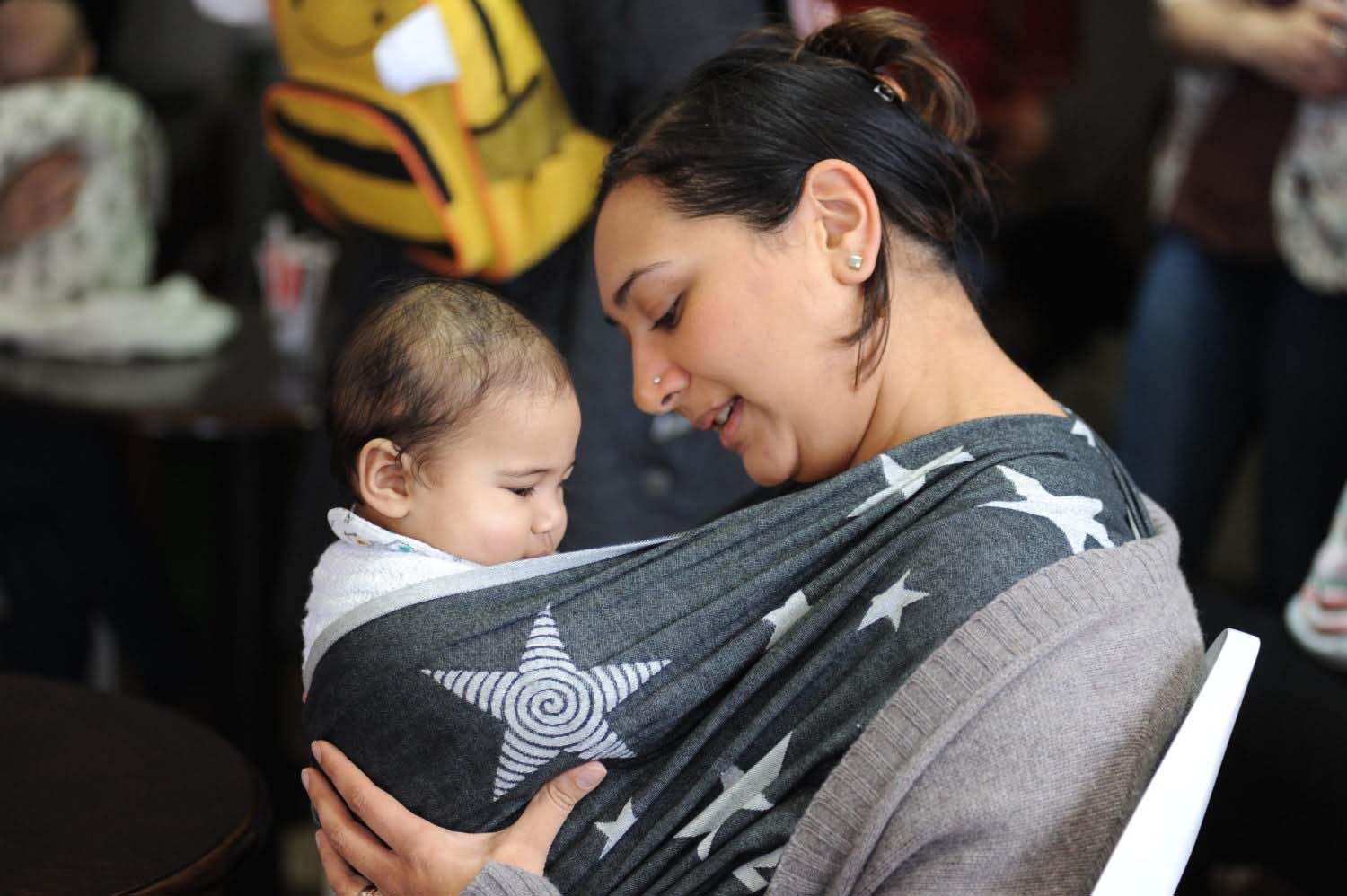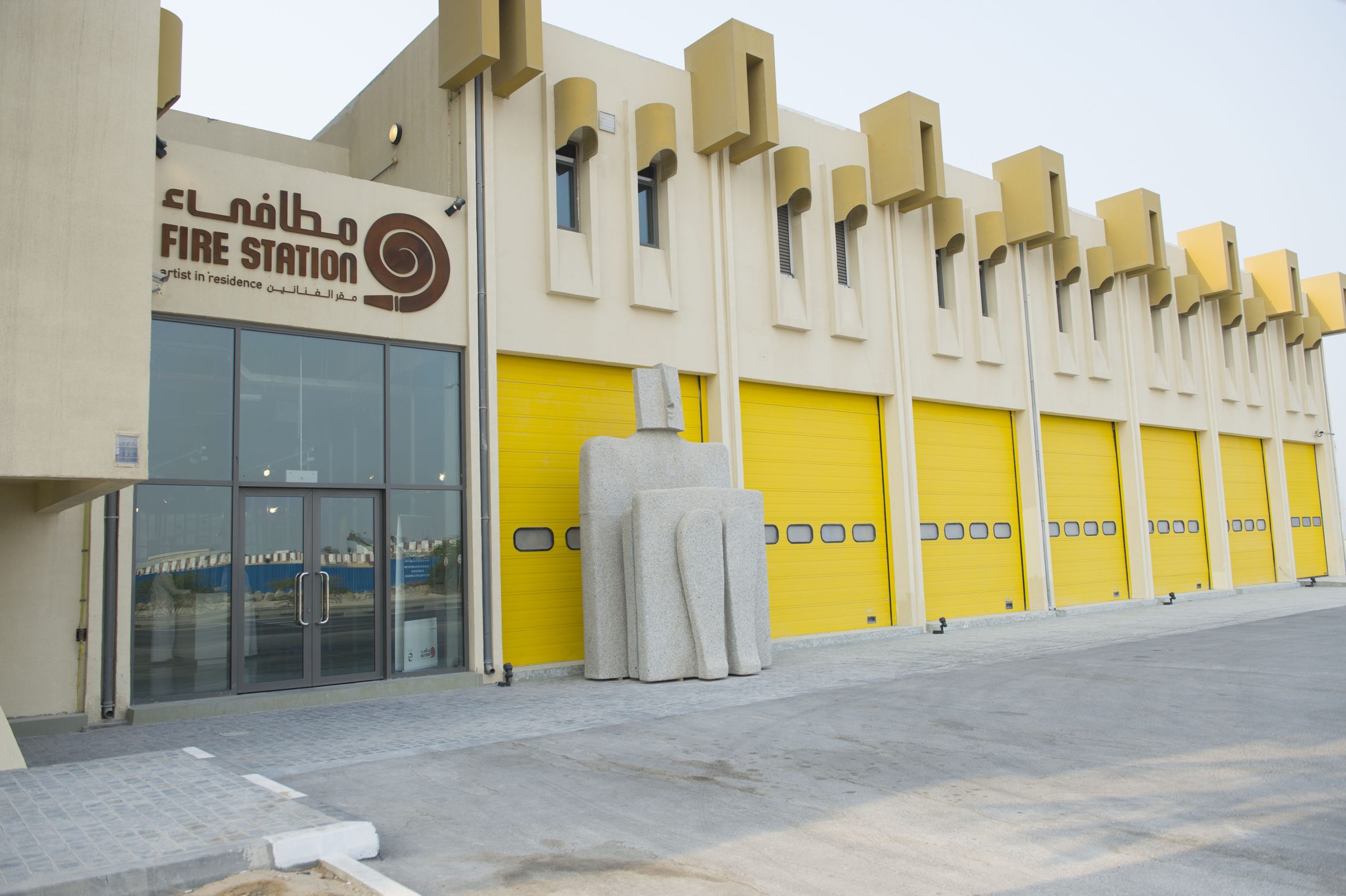
Qatar’s Ministry of Public Health (MOPH) is drafting a law to improve “poor” breastfeeding rates in the country.
The so-called “Marketing Breast Milk Alternatives” draft law will ban advertising of formula milk in Qatar.
It will also forbid doctors from participating in conferences sponsored by infant milk companies, and stop free samples from being given out to mothers, Al Sharq reports.

Additionally, the legislation will direct doctors to prescribe formula milk for babies only in specific cases.
Speaking at a healthcare workshop last week, MOPH official Dr. Al-Anoud bint Muhammad al-Thani said that the law will soon be submitted to Qatar’s Cabinet.
She cited a 2012 government survey that said only 29 percent of mothers exclusively breastfeed in Qatar during the first six months of a baby’s life. Globally, the average is 37 percent.
Help for working mothers
She added that the new law aims to help improve such “poor” rates to at least 50 percent.
In 2013, a Sidra study found that Qatari women in particular are often reluctant to breastfeed.
This is due to traditional practices such as the giving of herbal tea to newborns, not drinking enough water and the belief that breastfeeding adversely affects a woman’s body.

Many women have said they find it difficult to breastfeed for a long period in Qatar due to the relatively short maternity leave offered – two months.
Al Thani said that MOPH is working with the labor ministry to extend that time to at least four months.
Additionally, Al Thani said that she wanted to make it easier for nursing mothers to feed their babies during the working day.
Under Qatar’s labor law, new mothers are entitled to an hour off work a day for the first year of the infant’s life.
Al Thani said workplaces in Qatar should have “environments conducive to breastfeeding,” for example by having a nursery and/or providing “a safe and private area” for breastfeeding.
Baby-friendly initiative
Last week’s workshop was attended by both private and state-funded healthcare providers in Qatar, including Hamad Medical Corp. (HMC) and Al Ahli, Al Emadi, and Doha Clinic hospitals.
Officials also discussed the so-called “baby-friendly initiative.”
The 10-step program is promoted by the United Nations Children’s Fund (Unicef) as a way of encouraging breastfeeding and improving the bond between mothers and babies.

Participants at the week-long workshop will return to their hospitals to train others in the program, Al Thani said.
She added that the ministry was aiming for all hospitals in Qatar to be fully compliant with the initiative within the next two years, the Gulf Times reported.
“There are 10 steps to be fulfilled for hospitals and eight for health centers to be accredited as baby-friendly facilities. We have started it at some hospitals and reached some steps,” she said.
HMC’s Women’s Hospital already implemented the initiative in 2012.
Breastfeeding benefits
Unicef recommends that babies be exclusively breastfed during the first six months of their lives.
Studies show that breastfeeding provides a number of benefits for babies, including lower rates of ear infections, Sudden Infant Death Syndrome (SIDS), leukemia and diabetes.
Mothers also benefit, with more protection from breast cancer, rheumatoid arthritis and high cholesterol.
Thoughts?







